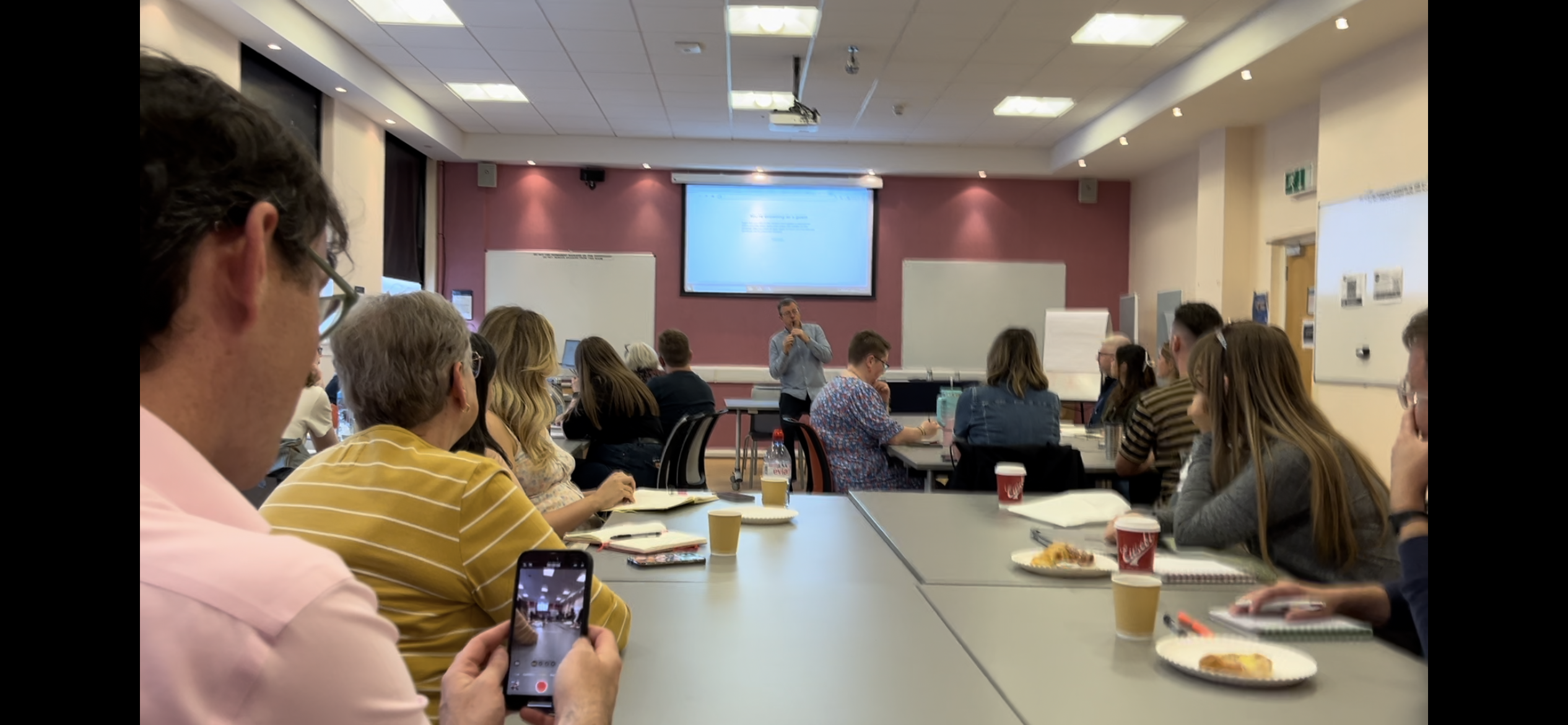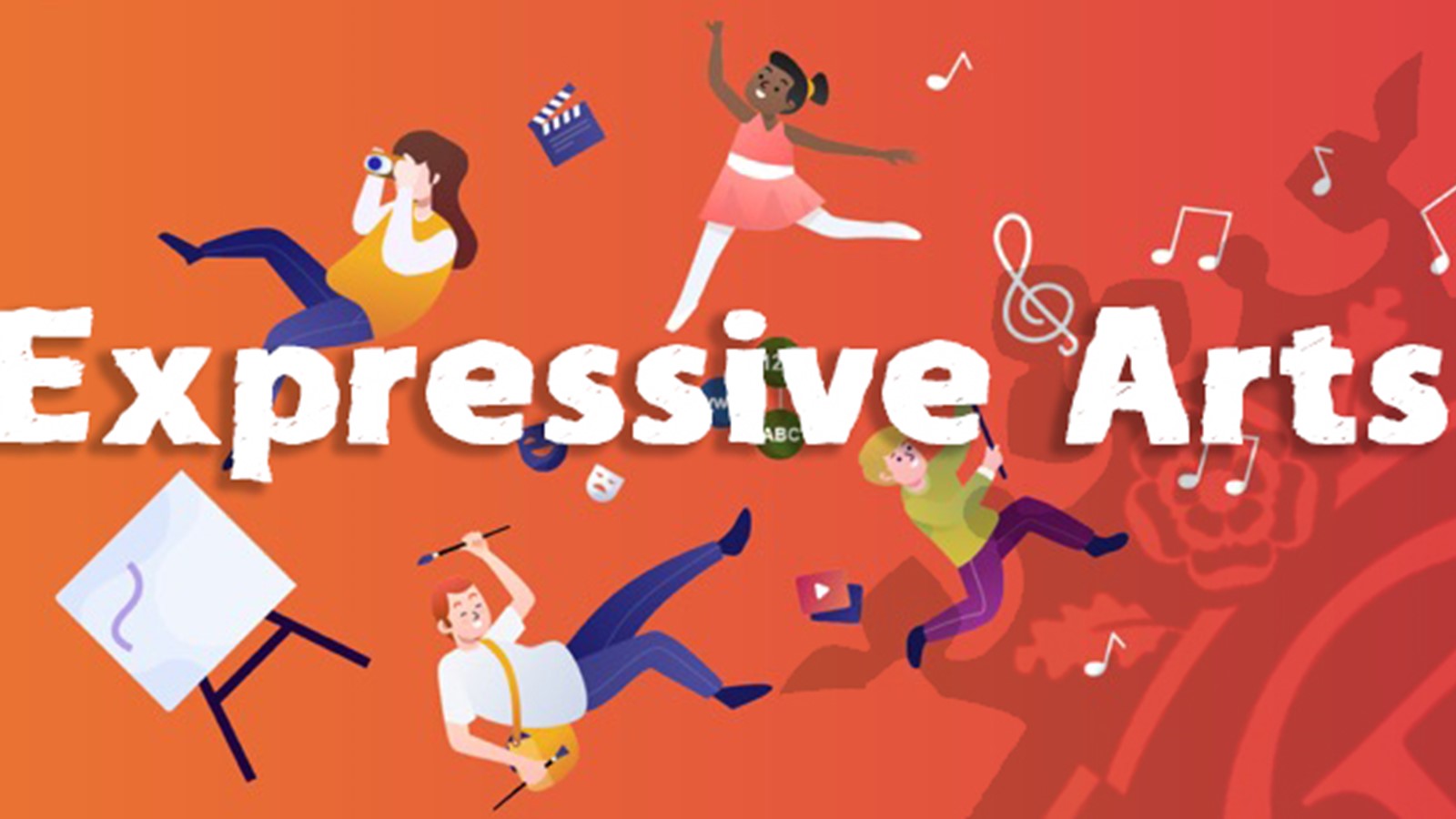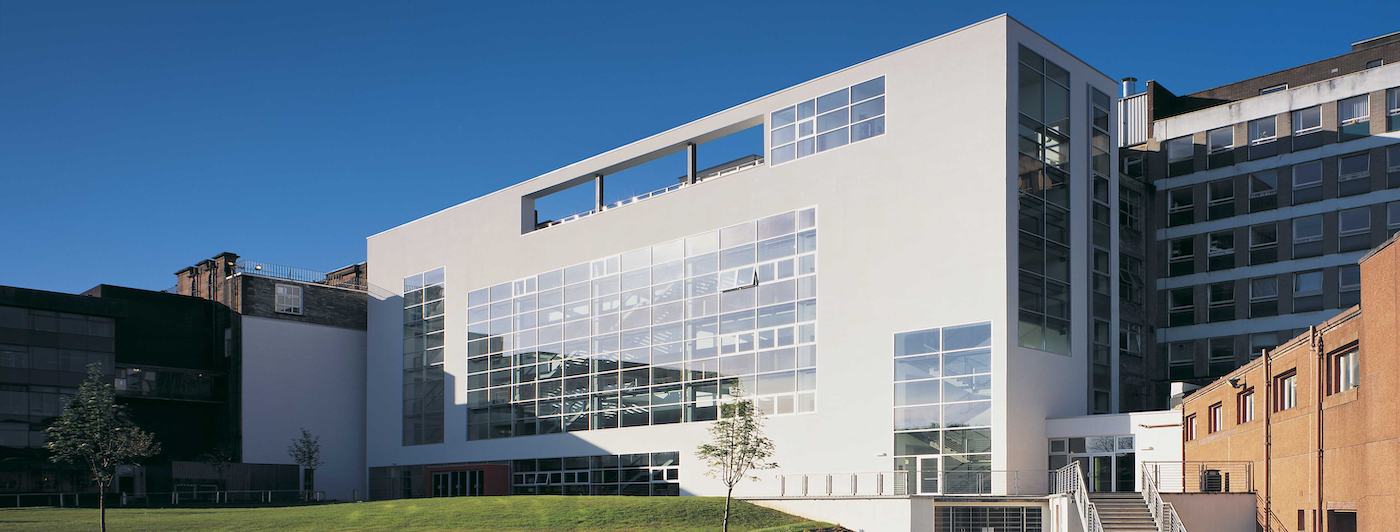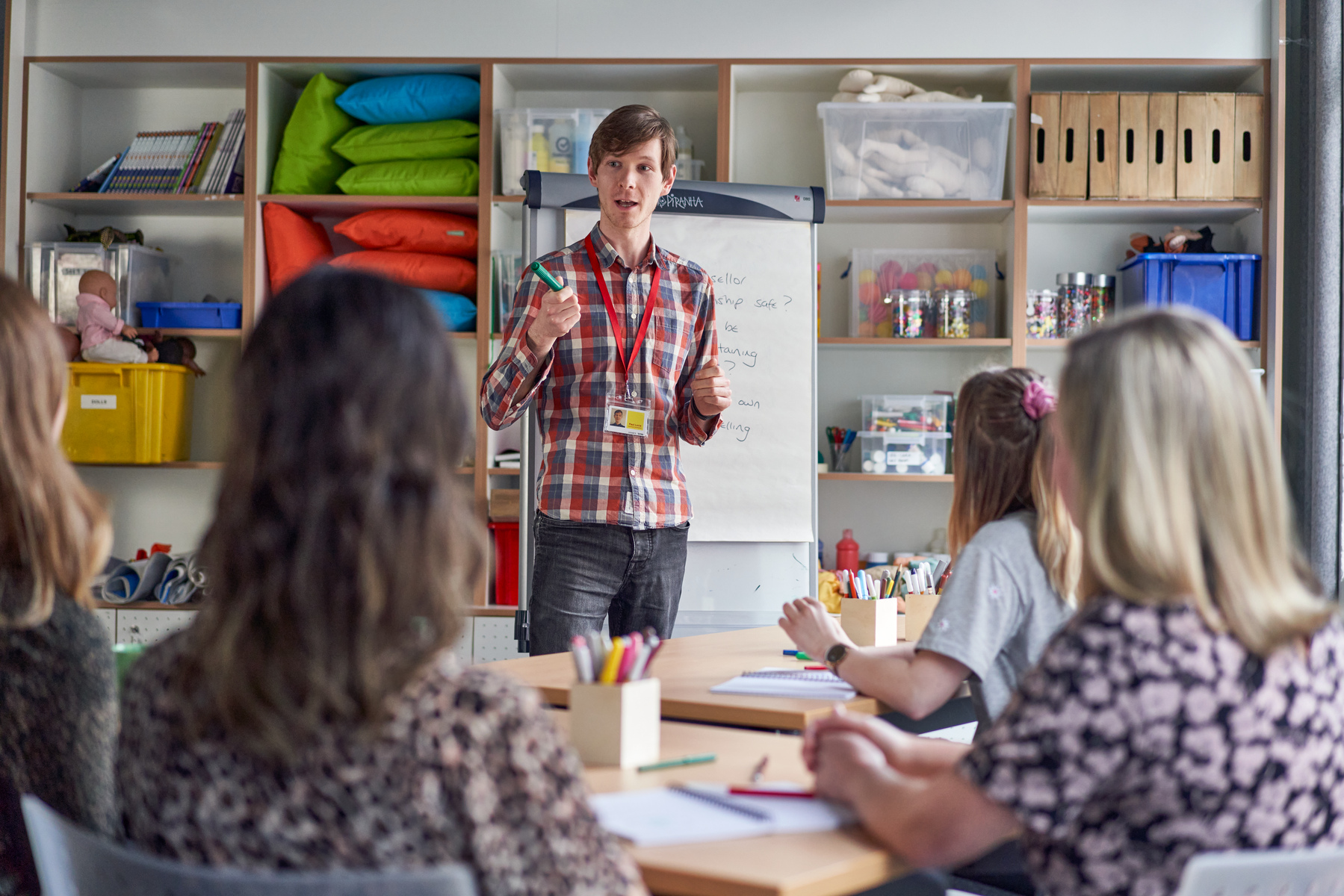The initial focus of this blog post was to share reflections on a small, funded project from Summer 2024. The Kickstarter project aimed to bring together colleagues and partners from different curricular areas and disciplines within and across the University…
What is a Plenary?
This is the question I was asked by one of my PGDE students that made me think there are some words we use in Initial Teach Education (ITE) that are not commonly used in other parts of society. The student…
Reflections on potential tensions in the knowledge base of ‘novice teacher educators’
Professional knowledge is messy and encompasses a range of categories (Markauskaite and Goodyear, 2014). Furlong and Whitty (2017: 13) identify three categories of “knowledge traditions” for educators which can arguably be applied to teacher education – academic, integrative, and practical.…
The Imperative for Expressive Arts Education in Primary Schools in Scotland
The arts play a pivotal role in shaping identities, fostering connections, and enriching lives. Within education, the Expressive Arts serve as a powerful means for children and young people as they seek to express themselves, engage in self-discovery, and support…
Informing thinking of teacher educators using value dilemmas of primary school teachers.
Educational researchers Berlak and Berlak (2012) introduce us to language that can be used to talk about a variety of value judgements that primary school teachers make which underpin their day-to-day practice. In this post the use of this language…
Place2Be in a Place of Learning
At the end of September a new partnership between the University of Glasgow and Place2be was established with the overarching goal of developing mentally healthy classrooms and schools. Place2be is the UK’s largest children’s in-school mental health provider who support…





